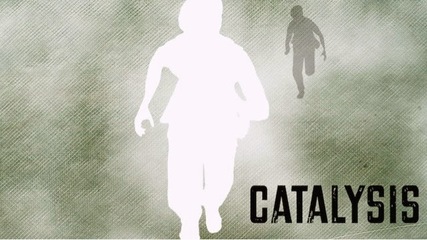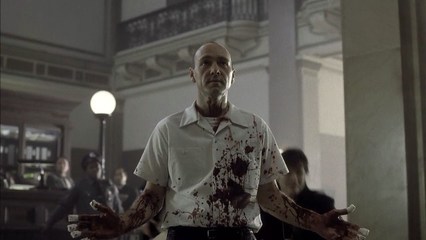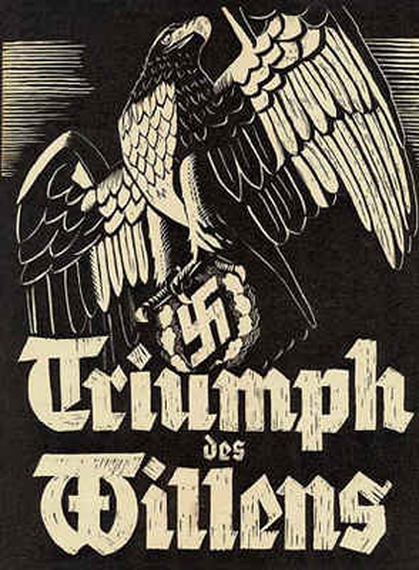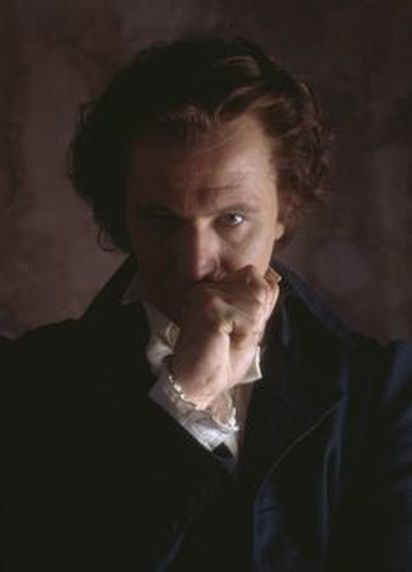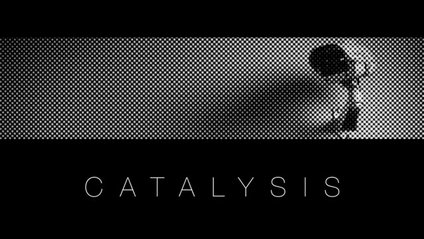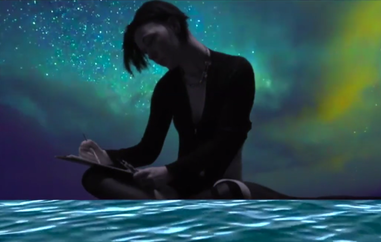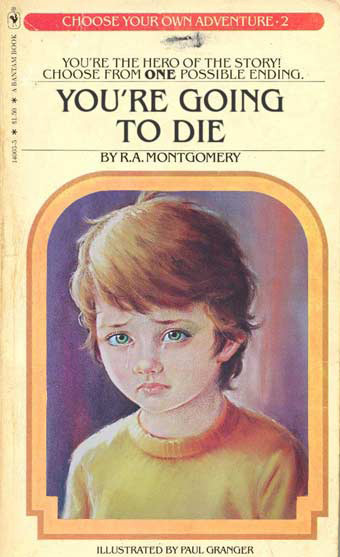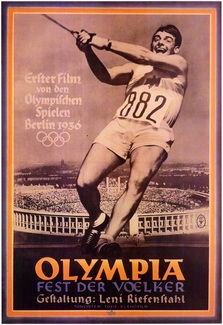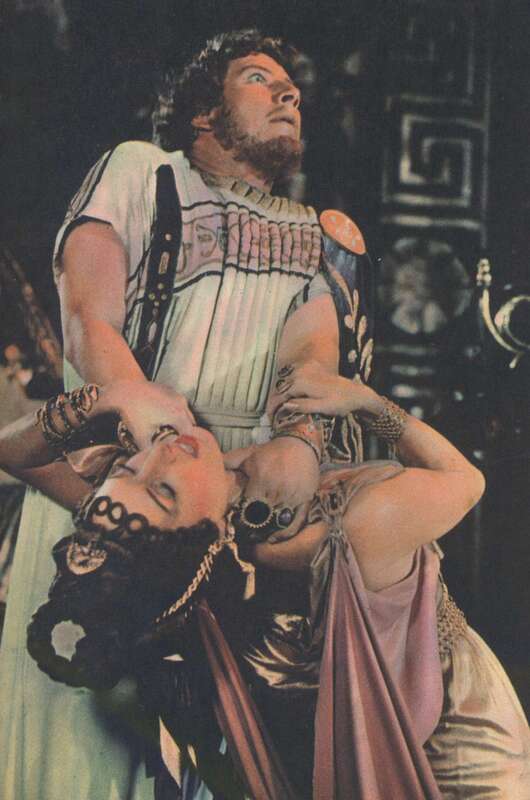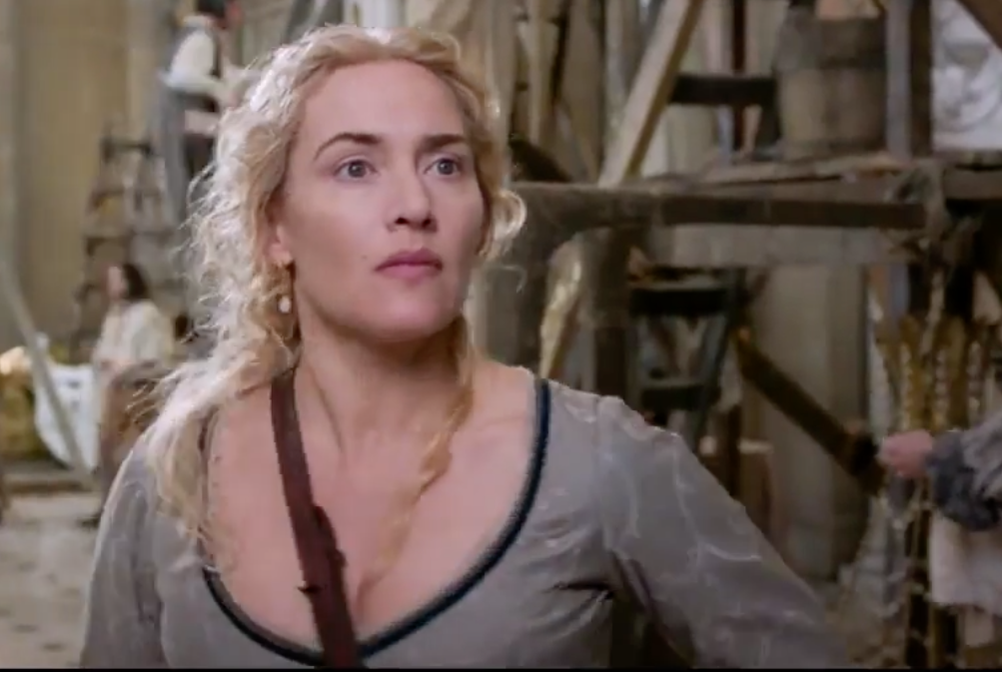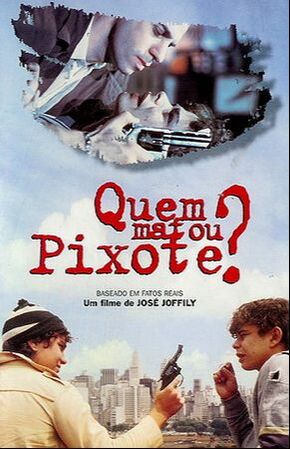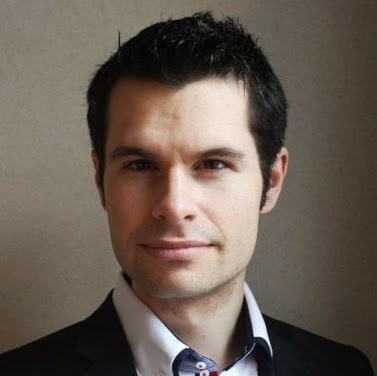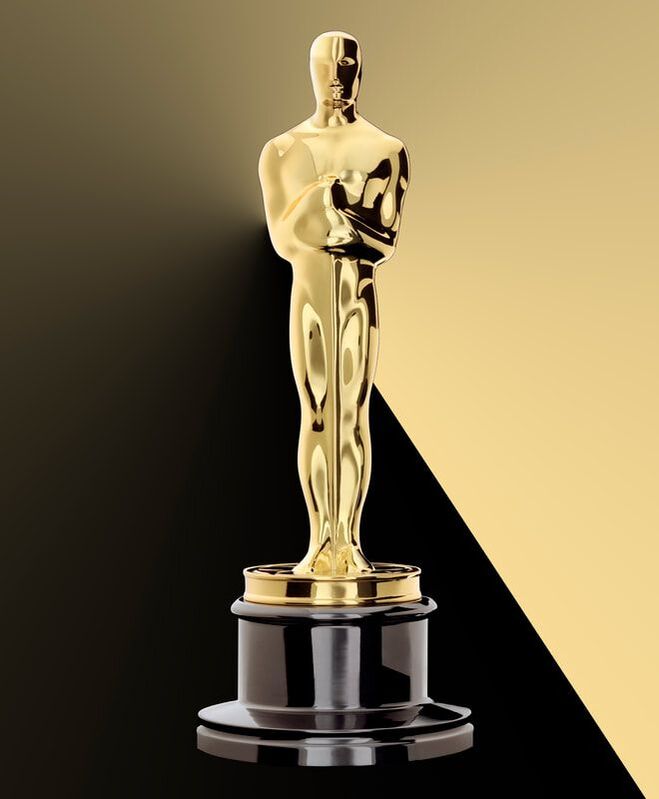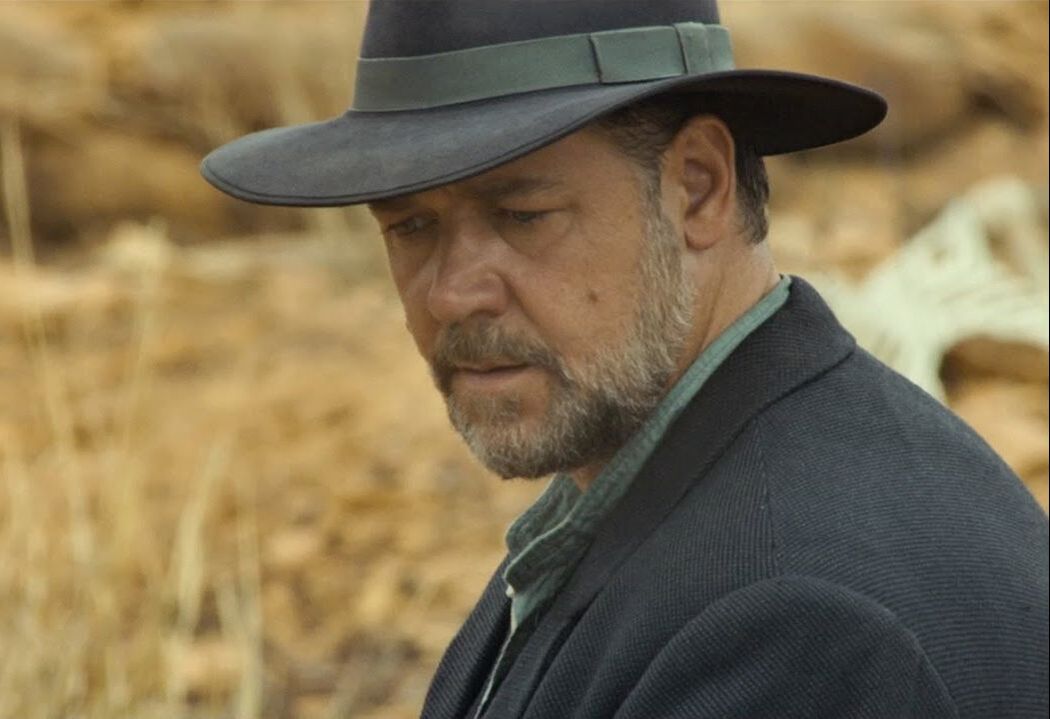Interview with Controversial Short Film Director Kurtz Frausun
|
|
A ROOM FULL OF PEOPLE, DRUGS, GUNS AND WHISKEY: AN INTERVIEW WITH CONTROVERSIAL FILM DIRECTOR KURTZ FRAUSUN
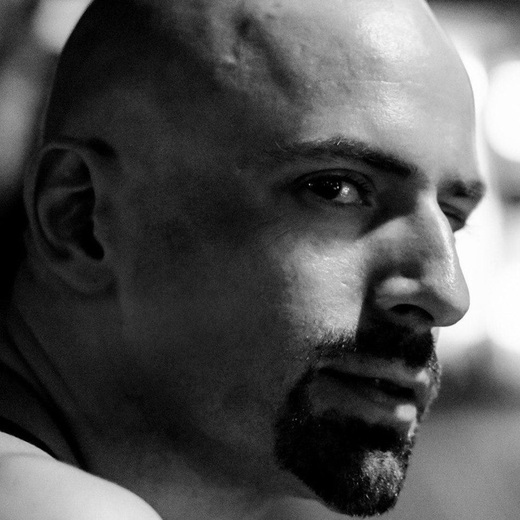
Kurtz Frausun is an award-winning film maker specialising in underground and gay cinema. Famous for being an outspoken and frank rebel in the industry, he took some time out from editing his recent documentary ‘Candid Love‘ to talk exclusively with DeepFocusFilmStudies.com about love, death, the freedom of dreams, 1980s Choose Your Own Adventure books, film quotes that sum up his weltanshauung, his fight against complacency, the A-Ha moments of film-making, the great and the not-so-great propaganda of WWII, how technology is going to change the future of films, losing his sanity in a basement, and, among many other things, why punk bands shouldn't have to live in vans and sleep on floors for your entertainment.
Oh, and of course his movies.
Oh, and of course his movies.
|
Kurtz was a painter for 10 years, became a musician working on drums and music production for 5 years, then branched out into film once he felt he ‘had come to the end of music’. His live shows got him banned at most venues in Dallas ‘because of all the blood, cake and nudity’, which eventually led him to stop performing altogether and move on to film-making full-time, which he has been doing since 2013.
Is there anything in particular you try to subvert or rebel against in your work? My music was more politically driven - fundamentalism, homophobia, sexism...I went to war against all of those ideas. My movies are now about the fight against complacency. A great film quote that sums it up is by John Doe (Kevin Spacey) in Se7en (1995) when he says "Wanting people to listen, you can't just tap them on the shoulder any more. You have to hit them with a sledgehammer, and then you'll notice you've got their strict attention." Ignorance, boredom, acceptance of a life or love that you know doesn't make you happy. I want to put a bullhorn to someone’s face and scream WAKE THE FUCK UP. This dream you are seeing, is more real than the illusion of your life. How does living in Dallas, Texas, influence what you make? I love Dallas. I was raised in Connecticut, but have lived here for years. There are so many amazing people that want to be a part of something different. The locations are great, the weather isn't too bad, if you can stand the 115 degrees Fahrenheit in the shade once August hits. I'd never move. What is your favourite aspect of film-making? It's not the start or finish, the editing or shooting...it's the "A-HA!" moments you get in making a movie. You could have spent months thinking about shots and then get on location to find things have changed. You suddenly think ‘wait...what if we did it THIS way?’ and then it's totally different and far better than you imagined. ‘A-HA!’ you say to yourself, ‘THAT'S IT’! |
|
|
|
What makes a great film for you, what do you look for as a viewer?
The great thing about being a filmmaker is you can watch something and privately critique it with surgical eyes. How would I have shot that differently? If I were to edit it, what would I do? You can be inspired for your projects. The downside is, after starting to make movies, I can't just be a viewer anymore. Even the films I love, from B-grade horror to historical dramas to porn, ends up being "reviewed." Like a restaurant critic that just can't sit and enjoy a meal without studying it in their mind or making notes, I can't shut down my brain any more and just let go like I once did.
I think a brilliant film though is one that moves the audience. I'm not so aloof that I can't be touched by cinema without the concerns of a director. There's a beautiful scene in Immortal Beloved (1994) where Beethoven (Gary Oldman) explains what music is, "It is the power of music to carry one directly into the mental state of the composer. The listener has no choice. It is like hypnotism. So, now... What was in my mind when I wrote this? Hmm? A man is trying to reach his lover. His carriage has broken down in the rain. The wheels stuck in the mud. She will only wait so long. This...is the sound of his agitation."
That's probably the most accurate quote ever to describe music and film. A movie has to move me. And I'm a harsh critic that watches a lot. If you can create something so powerful that it gets past the "director's filter" and touches my soul, you have a winner. I'm not susceptible to the usual Barnum and Bailey tricks. But if you can make me jump from a horror film, cry to a "chick flick," or cheer when there is a victory, that's a winner.
The great thing about being a filmmaker is you can watch something and privately critique it with surgical eyes. How would I have shot that differently? If I were to edit it, what would I do? You can be inspired for your projects. The downside is, after starting to make movies, I can't just be a viewer anymore. Even the films I love, from B-grade horror to historical dramas to porn, ends up being "reviewed." Like a restaurant critic that just can't sit and enjoy a meal without studying it in their mind or making notes, I can't shut down my brain any more and just let go like I once did.
I think a brilliant film though is one that moves the audience. I'm not so aloof that I can't be touched by cinema without the concerns of a director. There's a beautiful scene in Immortal Beloved (1994) where Beethoven (Gary Oldman) explains what music is, "It is the power of music to carry one directly into the mental state of the composer. The listener has no choice. It is like hypnotism. So, now... What was in my mind when I wrote this? Hmm? A man is trying to reach his lover. His carriage has broken down in the rain. The wheels stuck in the mud. She will only wait so long. This...is the sound of his agitation."
That's probably the most accurate quote ever to describe music and film. A movie has to move me. And I'm a harsh critic that watches a lot. If you can create something so powerful that it gets past the "director's filter" and touches my soul, you have a winner. I'm not susceptible to the usual Barnum and Bailey tricks. But if you can make me jump from a horror film, cry to a "chick flick," or cheer when there is a victory, that's a winner.
|
|
What would you say is your favourite film of all-time?
That would have to be Leni Riefenstahl’s Nazi propaganda piece Triumph of the Will (1935). It is a film that blends politics, art and movies in such a powerful way that it played a key role in inspiring a nation to support horrible acts. But what artist wouldn't want their film to have a national and immortal impact?
The film is perfect - the camera shots, the mythical poetry of scenes, and even the sound. Back in America Frank Capra, who gave us the dreadful It's a Wonderful Life (1946) made a propaganda movie called Why We Fight (1942). It's TERRIBLE. So obviously a piece of propaganda, with really bad acting. Meanwhile the Soviets had films where workers were dancing in factories about the joy of The State. Compare that to what the Germans were doing – Olympia (1938) took a sporting event and turned it into an opera!
Your last film, Catalysis, is a silent movie. Were you inspired at all by films from before the 'talkie' era?
I think Phantom of the Opera (1925) with Lon Chaney is a master work. I love Battleship Potemkin (1925), Nosferatu (1922), and actors like Charlie Chaplin and Buster Keaton, and directors such as Fritz Lang and Sergei Eisenstein. The Passion of Joan of Arc (1928) and Haxan (1922) is greater than any crap Hollywood can piss out today. I dare someone to watch Renée Jeanne Falconetti's performance and not tell me that's the greatest acting ever captured on film.
I'm also heavily inspired by films that made the transition from silent to talkies, limited dialogue compared to what we see today, but still possessing the soul of Silent - Old Dark House (1932), Freaks (1932), and so on.
That would have to be Leni Riefenstahl’s Nazi propaganda piece Triumph of the Will (1935). It is a film that blends politics, art and movies in such a powerful way that it played a key role in inspiring a nation to support horrible acts. But what artist wouldn't want their film to have a national and immortal impact?
The film is perfect - the camera shots, the mythical poetry of scenes, and even the sound. Back in America Frank Capra, who gave us the dreadful It's a Wonderful Life (1946) made a propaganda movie called Why We Fight (1942). It's TERRIBLE. So obviously a piece of propaganda, with really bad acting. Meanwhile the Soviets had films where workers were dancing in factories about the joy of The State. Compare that to what the Germans were doing – Olympia (1938) took a sporting event and turned it into an opera!
Your last film, Catalysis, is a silent movie. Were you inspired at all by films from before the 'talkie' era?
I think Phantom of the Opera (1925) with Lon Chaney is a master work. I love Battleship Potemkin (1925), Nosferatu (1922), and actors like Charlie Chaplin and Buster Keaton, and directors such as Fritz Lang and Sergei Eisenstein. The Passion of Joan of Arc (1928) and Haxan (1922) is greater than any crap Hollywood can piss out today. I dare someone to watch Renée Jeanne Falconetti's performance and not tell me that's the greatest acting ever captured on film.
I'm also heavily inspired by films that made the transition from silent to talkies, limited dialogue compared to what we see today, but still possessing the soul of Silent - Old Dark House (1932), Freaks (1932), and so on.
Catalysis is a 'choose your own adventure' film where the viewer gets to make decisions that affect the main character. What drew you to such a medium and do you not feel it takes something away from the artistic control of the director?
I'm a child of the 80's and love Choose Your Own Adventure books. I once did an essay based on one of them for school. I got an F because my teacher said everyone would have a different experience and therefore my report wasn't a true representation of the novel. But the books have always been important to me. I loved the idea of taking charge and being a leader in the character's lives.
Film, as I see it today, is dying. Millenials, and their need for interactivity through social media, will create a new road to movies and music. Just like what William Castle did back in the day, we need to have more experiences that draw the audience in... And NOT that horrible 3-D shit. I see a day where the audience determines how the film ends based on apps - download it, choose the direction, and the film goes according to the voice of the masses.
This won't doom the creative process because the director gives limited choices for the crowd. It's like filling a room full of people with drugs, guns and whiskey. The creation is done through what is provided, in the landscape. It's the viewer's decision to take a road towards salvation by walking away or doing a line and putting a bullet in someone's brain. Which is fine with me, as long as we get it on film, and they sign a release of course. In fact, I'd love to make a movie like that. A room full of drugs, guns and booze. Press record and let the blood fill the place.
Peacock is a film about an artist lost in a surrealistic landscape searching for his muse, so with that in mind do you feel that Catalysis is a sequel of sorts as it raises questions about artists and their source of power?
Peacock is meant to be pure madness. I shot the film during a dark time of my life. I spent 2 months editing the movie, sleeping an average of 2 hours a night. Eventually I went crazy. Started to hallucinate during the process. I heard voices, saw beings that would surround me while I worked. I was in an empty basement at the time.
Catalysis is an introspective prayer. I wanted to capture the feeling of still being lost, but accepting what comes. Words of the Damned is a true sequel to Peacock. Searching is over. Or is it? There is one more step to take. There is always hope and a new road where there is life.
I'm a child of the 80's and love Choose Your Own Adventure books. I once did an essay based on one of them for school. I got an F because my teacher said everyone would have a different experience and therefore my report wasn't a true representation of the novel. But the books have always been important to me. I loved the idea of taking charge and being a leader in the character's lives.
Film, as I see it today, is dying. Millenials, and their need for interactivity through social media, will create a new road to movies and music. Just like what William Castle did back in the day, we need to have more experiences that draw the audience in... And NOT that horrible 3-D shit. I see a day where the audience determines how the film ends based on apps - download it, choose the direction, and the film goes according to the voice of the masses.
This won't doom the creative process because the director gives limited choices for the crowd. It's like filling a room full of people with drugs, guns and whiskey. The creation is done through what is provided, in the landscape. It's the viewer's decision to take a road towards salvation by walking away or doing a line and putting a bullet in someone's brain. Which is fine with me, as long as we get it on film, and they sign a release of course. In fact, I'd love to make a movie like that. A room full of drugs, guns and booze. Press record and let the blood fill the place.
Peacock is a film about an artist lost in a surrealistic landscape searching for his muse, so with that in mind do you feel that Catalysis is a sequel of sorts as it raises questions about artists and their source of power?
Peacock is meant to be pure madness. I shot the film during a dark time of my life. I spent 2 months editing the movie, sleeping an average of 2 hours a night. Eventually I went crazy. Started to hallucinate during the process. I heard voices, saw beings that would surround me while I worked. I was in an empty basement at the time.
Catalysis is an introspective prayer. I wanted to capture the feeling of still being lost, but accepting what comes. Words of the Damned is a true sequel to Peacock. Searching is over. Or is it? There is one more step to take. There is always hope and a new road where there is life.
|
|
|
Death or a sense of haunting seem to be recurrent themes in your films, but would you describe them as quite pessimistic and cynical?
Not always. I studied Buddhism for years and know that death isn't always cynical. It's rather positive. In fact, in Peacock the protagonist dies, but it is only in death that he can find his true muse. Dreams or dream-like settings are also a theme of your films, do you believe dreams to reveal truths about ourselves? In dreams, we suspend our reality. We are free to do as who we really are. Those desires we deny appear when we sleep or create. There are so many things I want to do that I can't, yet I can film my passion as a creative outlet and it's a dream. Your films also seem to be about communication - a letter from beyond the grave, a video diary as a framing device etc Do you feel that people are losing touch with one another these days? We are all becoming zombies. We went from Cyberpunk to updating our status. We think hitting "like" or "share" reflects our concern. The more technology connects us, the farther we distance ourselves from humanity. It's so bad that when you express genuine concern/desire to communicate, you're called obsessive. But you can stalk your ex all day on facebook privately and nobody bat's an eye. Love can seem distant, often cold in your films, do you believe love is something that ultimately saves or destroys people? Love is so divine. It's massive. The only tragedy is not finding it in our lifetime. It is the true salvation - but I'm also a realist. The person you love one day is years later sitting across from you at an attorney's office as you fight over who gets the toaster. It's so very hard to find that genuine love. One person often gives or feels more than another. The tender scenes of love, even in bondage, for Words of the Damned, are reflections of the comfort of knowing you have love. |
Is it possible to 'sell out' as a film-maker? What does that mean to you?
That's a tough question to answer. What really is selling out? I love listening to Punk music and probably the number one complaint you hear from fans is "They were great before they sold out..." Sold out to what? The minute they signed a record deal they "sold out." But do you expect them to live in a van and sleep on floors for your entertainment? They have to make a living somehow. Now if that band listens to some asshole record exec and they scrap their sound for "pop," then yes, there is a degree that they have sold their souls.
But I've known filmmakers, goods friends even, that have done some of the crappiest "film and forget" projects just so they can pay the bills. Then they use that money to fund their REAL passion, movies that they would never get funding for because nobody wants to take chances...some strange, brilliant movie that a small percentage get to see, but never forget.
A review of Candid Love, Frausun’s documentary about a difficult gay relationship in Texas can be read here, where the film can also be viewed in full.
Keep up to date with Kurtz' career by following him on Twitter and checking out his official website.
That's a tough question to answer. What really is selling out? I love listening to Punk music and probably the number one complaint you hear from fans is "They were great before they sold out..." Sold out to what? The minute they signed a record deal they "sold out." But do you expect them to live in a van and sleep on floors for your entertainment? They have to make a living somehow. Now if that band listens to some asshole record exec and they scrap their sound for "pop," then yes, there is a degree that they have sold their souls.
But I've known filmmakers, goods friends even, that have done some of the crappiest "film and forget" projects just so they can pay the bills. Then they use that money to fund their REAL passion, movies that they would never get funding for because nobody wants to take chances...some strange, brilliant movie that a small percentage get to see, but never forget.
A review of Candid Love, Frausun’s documentary about a difficult gay relationship in Texas can be read here, where the film can also be viewed in full.
Keep up to date with Kurtz' career by following him on Twitter and checking out his official website.
|
|

